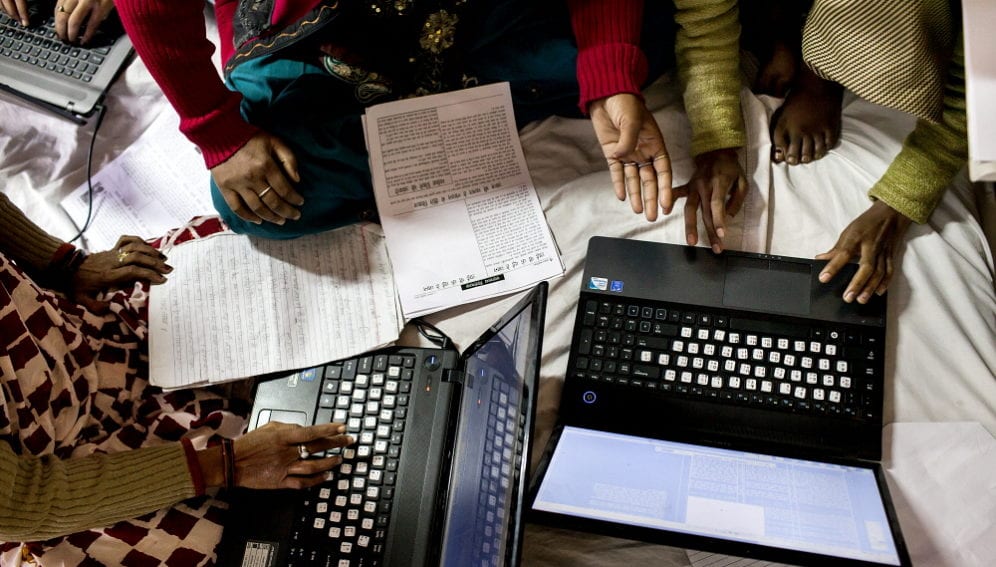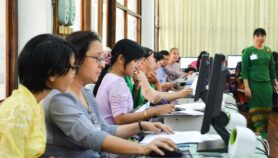By: Jan Piotrowski
Send to a friend
The details you provide on this page will not be used to send unsolicited email, and will not be sold to a 3rd party. See privacy policy.
[BONN] Researchers from developing countries still exert far too little influence in North-South collaborations, which leads to projects pursuing Western goals and values, and undermines scientific capacity building in the global South, a study has found.
Project agendas are routinely set by Northern agencies and institutions, leaving partners from low-income countries on the fringes during the planning, implementation and publication of research, according to the study presented at the European Association of Development Research and Training Institutes (EADI) conference last week (23-26 June), in Bonn, Germany.
This disenfranchises Southern researchers, says Gilles Carbonnier, an economist at the Graduate Institute of International and Development Studies in Switzerland, who coauthored the study.
“If we are serious about changing policies through evidence-based research, we need to give much more ownership of it to Southern researchers.”
Gilles Carbonnier
It also results in research evidence that is irrelevant or unsuitable for local cultures and so has minimal development impact, he adds.
“If we are serious about changing through evidence-based research, we need to give much more ownership of it to Southern researchers and leave much more space for socialising [making relevant] their results in the communities they work in,” he tells SciDev.Net.
The policy paper compiles views of the development research community collected through literature reviews, round-table discussions and questionnaires sent to the association’s members.
Imbalances are established early in collaborations, it says, with little time and money dedicated for preliminary meetings and discussions that help to establish a shared vision and ensure equal input into design and implementation of research.
Funders’ preference for theoretical and internationally relevant topics, and their demands for the rapid publication of results in high-impact journals further entrenches Northern dominance, the paper says.
On the other hand, institutions from developing nations tend to focus on local issues and practical implications, it says.
And the lack of access to scientific literature makes it difficult for their staff to produce the high standards needed for publication in top journals, it adds.
Together, these factors mean that Southern researchers are often entrusted with little more than the menial job of data collection, the briefing paper says.
The paper also calls into question the capacity-building impact of North-South partnerships.
“Research projects still tend to favour supporting Southern researchers individually, but neglect broader institutional support that would be essential to enhance autonomous research capabilities of Southern institutions,” it says.
Once trained, these researchers mainly leave for Northern institutions or become consultants for international development agencies, further reducing any benefit in the target country, it says.
Adrian Lavalle, a political scientist at the University of Sao Paulo, Brazil, said a key reason why North-South partnerships fail is a lack of funding to build academic networks.
To be successful, project proposals must present a network of partners that cover all the relevant regions and disciplines — and have experience of working successfully together.
By financing the development of “research-ready” networks, funders could improve the chances of fruitful collaboration, he added.
Henning Melber, director emeritus of the Dag Hammarskjöld Foundation, a global policy think-thank based in Sweden, said that the rise of the scientific clout of developing nations such as Brazil, China and India should serve as a wake-up call for the North to make more efforts to build equal partnerships.
Northern institutions risk being sidelined if they do not become more inclusive, he added, as other developing countries may choose to foster research relationships with these emerging powers, who are seen as better understanding their needs.
> Link to North-South research partnership: academia meets development?














